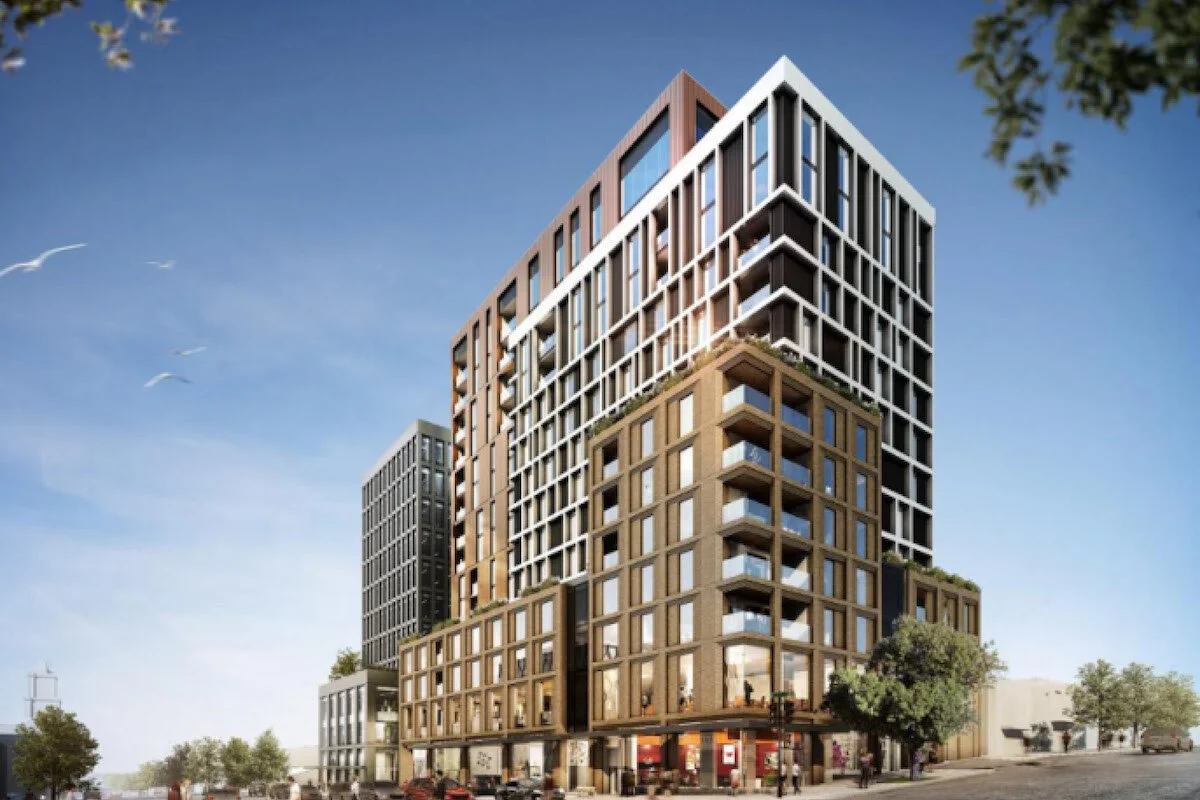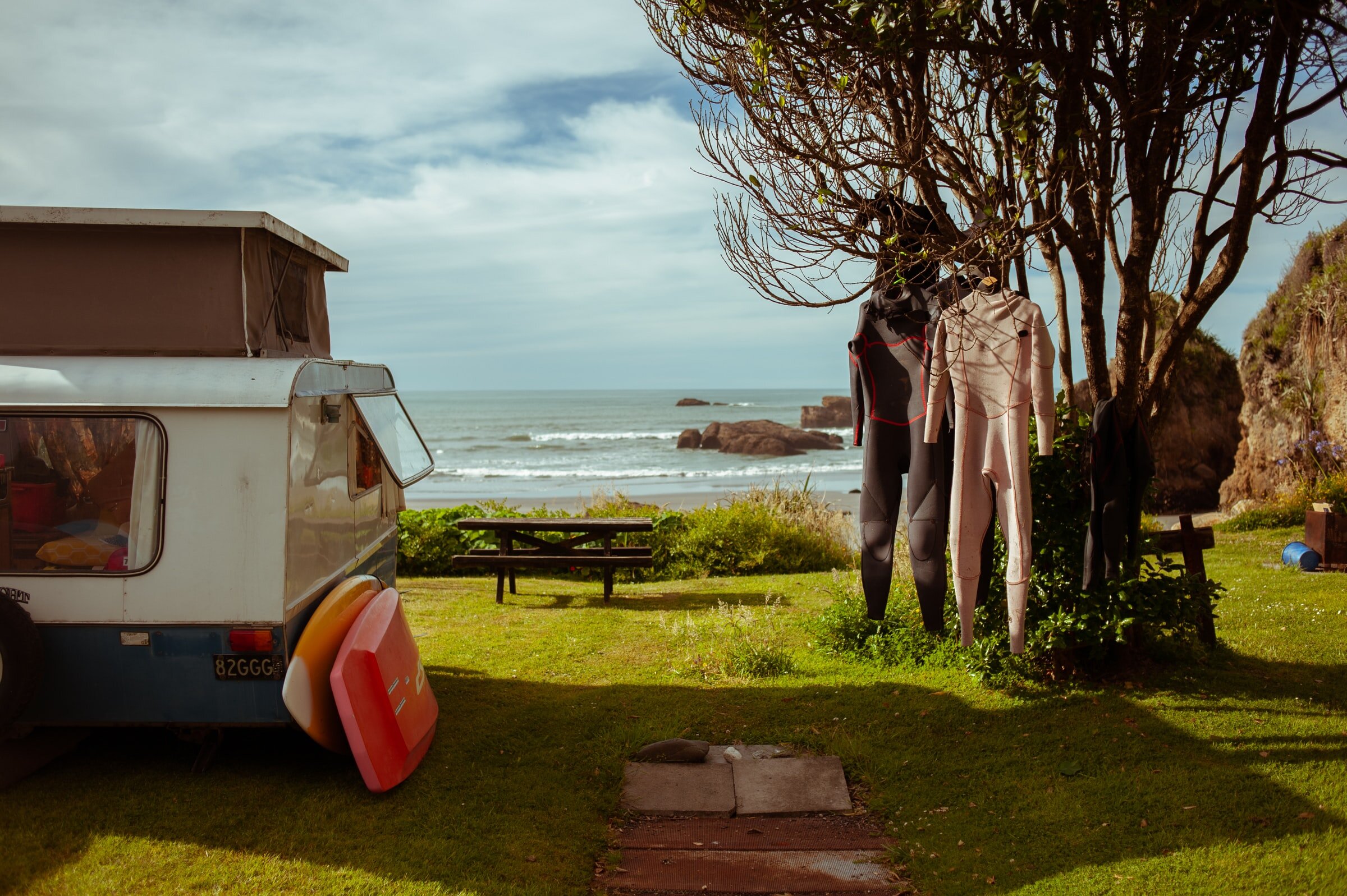Anyone born before about 1985 who grew up in Australia will hopefully still hold onto some fond memories of childhood summers spent at regional holiday locations—whether it be camping at the beachside or riverbank caravan park, checking into the regional motel, or renting a cement fibro holiday house—enjoying times with family and newly met friends when the world operated at a very different pace.
In my case, all day matches of back-yard cricket, annual picnic race meetings, the unmistakable scent of Aeroguard, painfully long car trips with the boot fully stocked, regular rounds of mini golf, fluorescent zinc sun cream, overcooked snags on the portable BBQ and wasting copious amounts of tap water trying to hose down the sand after returning from the beach still resonate.
While these times conjure distant memories and pining for a simpler life, could it be that our kids are about to experience their own version of classic Australian summer childhood holidays?
No one could argue that Australia is envied globally for its amazing coastline, unique natural beauty, and a huge array of attractions. Before Covid-19 it was clear that holiday destinations in our own back yard were often ignored in favour of popular overseas locations like Bali, Thailand, Fiji and Hawaii that became comparatively cheaper and much more accessible than years gone by.
Regional accommodation and tourism operators have doubtless proven resilient over the years, forced to manage their businesses against the backdrop of floods, drought, bush fires and the ups and downs of economic cycles.
While the Covid situation has presented an almighty unwanted headwind, one silver lining has been long overdue: appreciation of the regional leisure accommodation market that has been enjoying its own time in the sun and well and truly outperforming its CBD counterparts.
Logically, some doubters may say this outcome is only a temporary function of the borders not being open and city folk forced to realise new accommodation options within driving distance of their homes. Nonetheless, there is tangible evidence that many progressive developers feel there are genuine longer-term demand drivers to warrant investment in regional accommodation, maintaining a view that the outperformance will continue long after the disruption of COVID eventually peters out.
Over the last year Gatehouse Hospitality has been fortunate to work with local and international groups to assess the viability of diverse mixed-use accommodation, hospitality and leisure projects in Torquay, Ballarat, the Grampians, the Great Ocean Road, Wodonga, Bryon Bay, Mornington Peninsula, south-east Queensland, Sunshine Coast and Geelong to name a few.
We’ve also seen a burst of new regional hotels announced that are supported by operator’s global brands. Victoria’s third largest city, Ballarat will welcome Holiday Inn and Suites Ballarat Goldfields, slated to open in 2024, which will consist of 110 rooms. Minett Prime Square facilitated the operator appointment along with Intercontinental Sorrento Hotel with 108 rooms to open in April 2022. IHG will also open Holiday Inn and Suites Geelong in 2022.
So what recurring themes are we seeing in new regional accommodation concepts and what will be different in the future:
Better quality food & beverage
Owners and venue operators clearly realise the numerous benefits in sourcing and using fresh local produce in creating modern, relaxed dining for holiday makers and locals. This extends to the kids’ menu too, which will no longer strictly comprise chicken nuggets, spag bol and mini pizza (margherita of course).
Parents expect high quality, healthy food at a price that won’t give rise to a second mortgage. In saying that I suspect the complimentary raspberry lemonade or bowl of ice cream may never go out of fashion! Showcasing local wine and spirit makers and craft breweries in an experiential setting has certainly grown in popularity and expected to continue. And there are already countless options across regional Australia when it comes to finding your preferred cup of morning coffee.

What recurring themes are we seeing in the accommodation sector?
Wellness
The pandemic has been a wake up call for personal health with many people using lock-downs as the catalyst and motivation to take up exercise (walking, running and creative home gym and yoga routines in the lounge room!) as a positive way to break the monotony of feeling isolated from family and loved ones. But critically, reports of mental health challenges have also spiked and become more openly discussed.
In fact, with a heightened intention and appetite for people to take a wellness holiday, the wellness industry is now a $639B dollar global industry of which $136B can be attributed to Asia Pacific. Wellness real estate is reported to be worth over $134B representing over 15% of annual global construction. This is a major industry.*
The Global Wellness Institute undertook a survey in May-July 2020 across 80 countries (42% Australians) and this revealed that 87% of respondents intended to take a holiday when restrictions lifted. Of those, 76% said this will include a wellness component, 13% a primary wellness (retreat) focus and 63% secondary wellness focus (spa pampering).
Flexible co-working and technology
Who would have thought that co-working facilities would be contemplated when considering design features within luxury regional accommodation? Technology has seen things come a long way from the single fax machine or internet café adjacent to the main reception. Talk of a more permanent 4-day working week (if not a more regular long weekend) will no doubt excite many and provide the impetus for regional areas to develop working spaces catering to transient guests and business visitors. The prevalence of sea changers and tree changers working from home has also forced corporate employers to invest in flexible working infrastructure (such as dedicated meeting rooms; printing and business services) to attract and retain staff.
We’d love to hear your regional accommodation stories and what new memories you think we might be reflecting upon in years to come….

